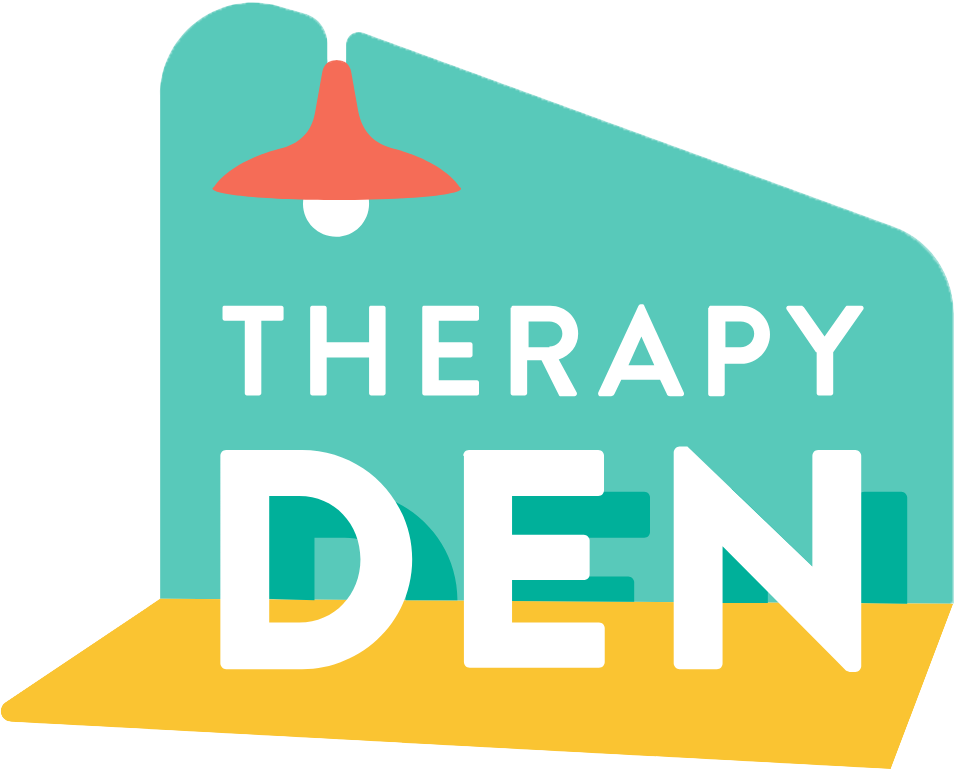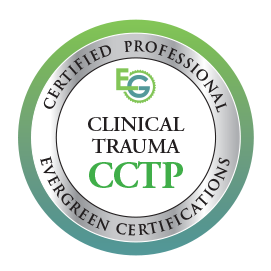We’ve all had those days when the alarm goes off and we lie in bed, feeling depleted of our energy, and maybe even our good mood. We think to ourselves, “I’m not really sick, but I just need a break from real life today.” While taking a sick day is common when you are feeling physically unwell, what’s not as common – but perhaps should be – is taking a mental health day when you are feeling mentally and emotionally unwell.
Now many, if not most, companies do offer their employees personal days with no questions asked. But many people save these days for what seems like real-life emergencies. They feel guilty if they use one of these days to simply rest and relax their mind.
The truth is, taking a mental health day from work or school can be extremely important for your overall well-being. It can help you avoid burnout, improve your mood, help you get some much-needed rest, and rejuvenate you so you can tackle “real life” once again.
Signs It’s Time for a Mental Health Day
So how do you know when you are really in need of a mental health day and when you’re just feeling a bit lazy and unmotivated?
Stress
You’ve been feeling overwhelmed and irritable.
You Just Feel… Off
Sometimes we don’t feel like ourselves, but we can’t quite put our finger on what’s wrong. We know we feel anxious and like the world is a bit too much. This is a sure sign you need a break.
Getting Sick More Often
Are you dealing with a cold that “just won’t go away?” When we are stressed, our immune systems become compromised, and it’s harder for us to fight off the common cold.
The bottom line is you should never feel guilty for taking some time for your mental health. I encourage you to take a mental health day every once in a while. Sometimes it’s the absolute best thing we can do for ourselves.
And if you find a mental health day didn’t quite do the trick, you may have more going on in your life that requires more hands-on treatment. If you like the idea of speaking with someone about whatever is bothering you, please get in touch with me so we can discuss treatment options.
SOURCES:








